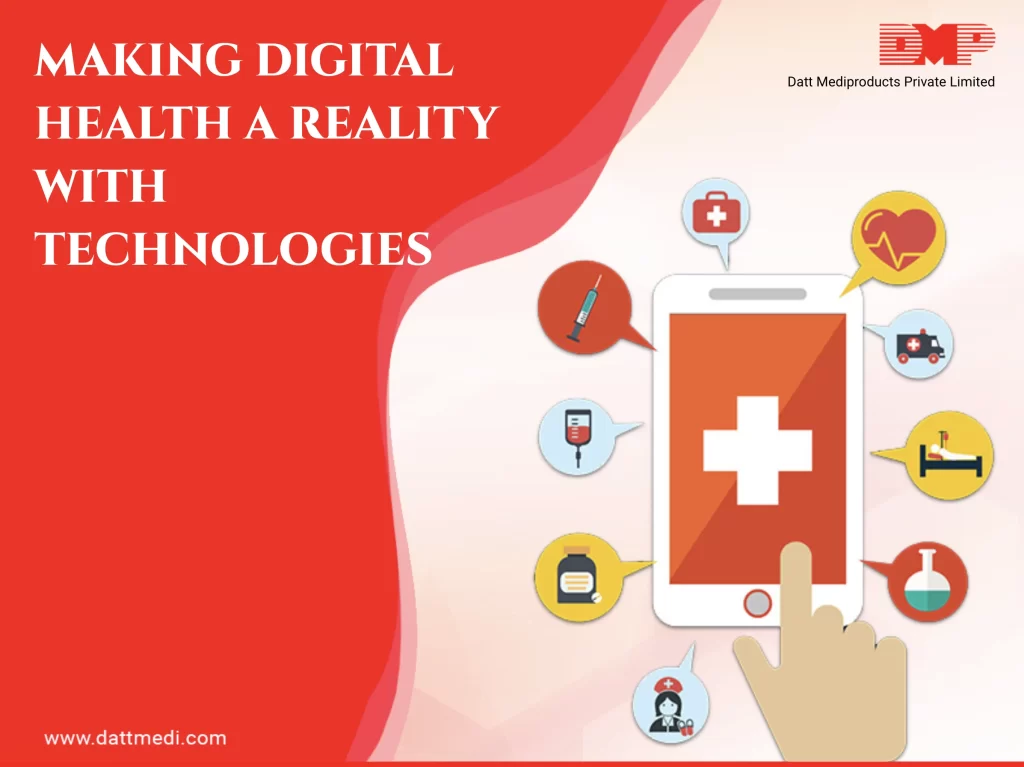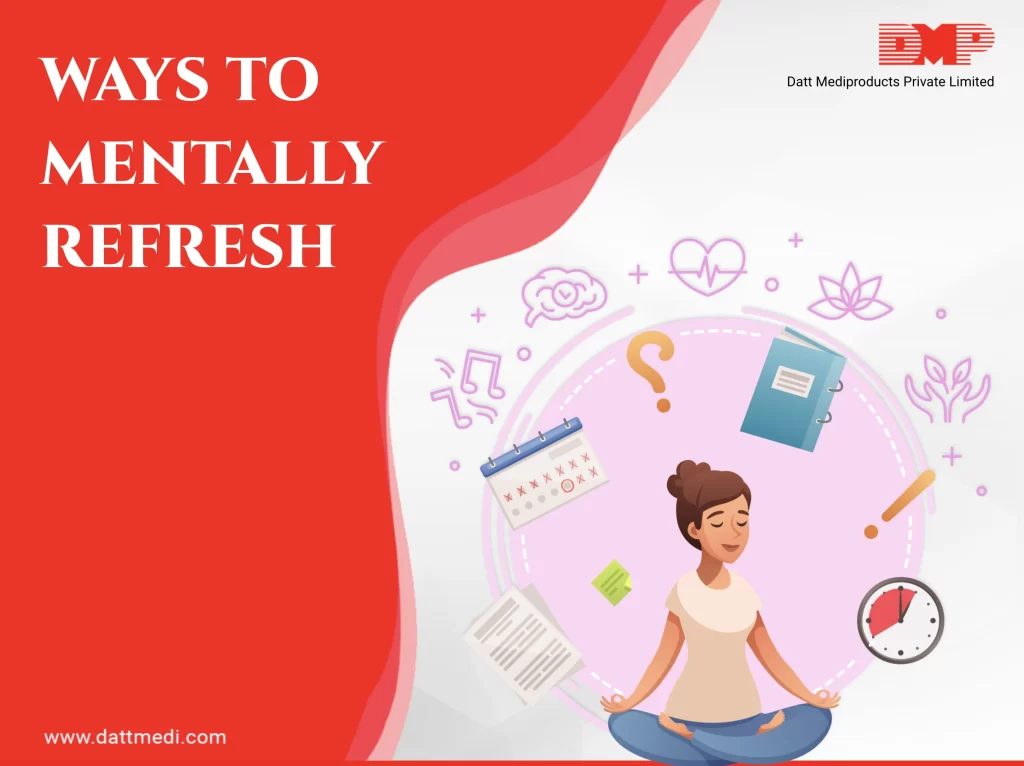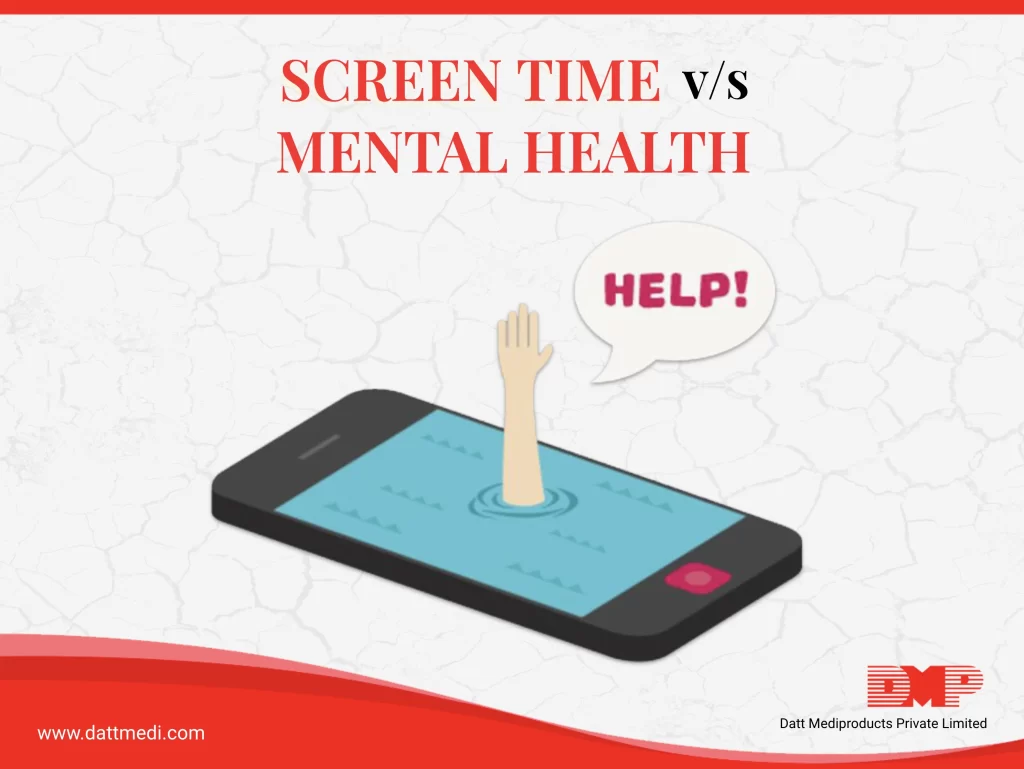
The healthcare industry has seen a lot of progress and innovation within its field because of advances in technology. The marriage between technology and medicine has enhanced the quality of care and treatment for patients.
As per the survey report released by Frost & Sullivan, the Key Technologies Impacting Healthcare Industry in the year 2019 are Data Analytics, Artificial Intelligence, mHealth, Wearable Devices, Robotics, 3D Printing, Augmented Reality and others.
The other disciplines covered by digital health include Telehealth, Telemedicine, and Personalized Medicines. Whether it’s the key technologies or the other disciplines of healthcare digitalization, the main goal is to make digital health revolution a reality.
Let’s discuss a few technologies revolutionizing the healthcare industry in detail:
1. mHealth: Mobile Health (mHealth) is a general term for the use of mobile phones and other wireless technology in medical care. mHealth also helps promote better health, quality and healthier lifestyle to the users. mHealth is not only supportive and diagnostic but also informative and educative for the users.
2. WEARABLE DEVICES: Wearables integrate advanced electronic technologies into the healthcare sector. There is a range of wearable devices available that can be spilt into two groups. One group is the wearable activity trackers that help the user track everyday things their exercise, calories, heart rate. This makes them more aware of their health and leads to a healthier lifestyle. The other group of wearable devices is health issues specific monitoring devices. This consists of devices like hearing aids to devices which are insulin pumps. Insulin Pumps can monitor insulin levels in diabetic patients as well as give an emergency shot of insulin if the levels drop too low.
3. AUGMENTED REALITY: AR is the technology which creates & superimposes a 3D model of the anatomy on the patient’s body by using 2D images and other data. AR has revolutionized the efficiencies and cost optimization aspects of surgery. It also reduces surgical error rates in key areas such as hip, knee and shoulder arthroplasty, spine surgery and osteotomies. AR can also be used as a tool to help teach in medical colleges and teaching hospitals as well as be useful in research.
4. ROBOTICS: Robotic system has been incorporated into the surgical procedures offering less pain & trauma, minimal scarring and quicker recovery for the patients. Robotics also help the surgeons to perform complex procedures with more precision and better control. For example, it has let to the ability to perform keyhole surgeries instead of having full open surgeries. “da Vinci Si” is the world’s most advanced surgical robot.
5. TELEHEALTH: Telehealth involves a range of technologies which help to connect the individuals with their clinicians. These technologies help in diagnosis and monitoring of the status regularly, particularly in chronic conditions or for those patients who live in rural areas.
6. TELEMEDICINE: Telemedicine is the approach of using technologies and telehealth to provide medical services to remote areas and communities. This approach has helped remove various obstacles related to the distance and offers care & services in remote areas where regular care is not routinely available.
7. 3-D PRINTING: New 3-D printers are adding a customizable aspect to medicine, which can create everything from medical tools to artificial bones to custom made prosthetics tailored to fit the patient better. It is even revolutionizing organ transplants and tissue repair.
Although a lot of technologies are available now which have helped transform the healthcare industry, we @DattMediproducts understand that regulatory strategies need to be developed and implemented for safety and better outreach of these technologies to promote public health and wellness.




